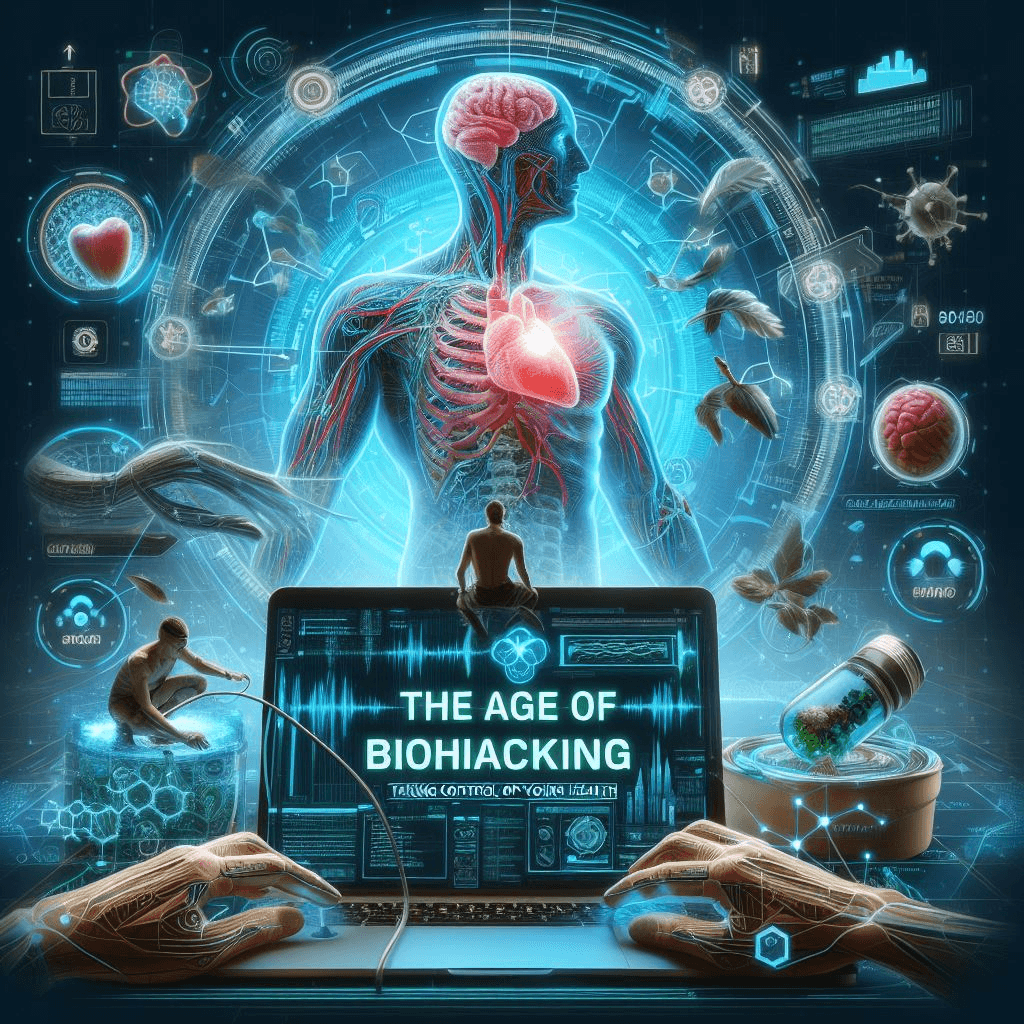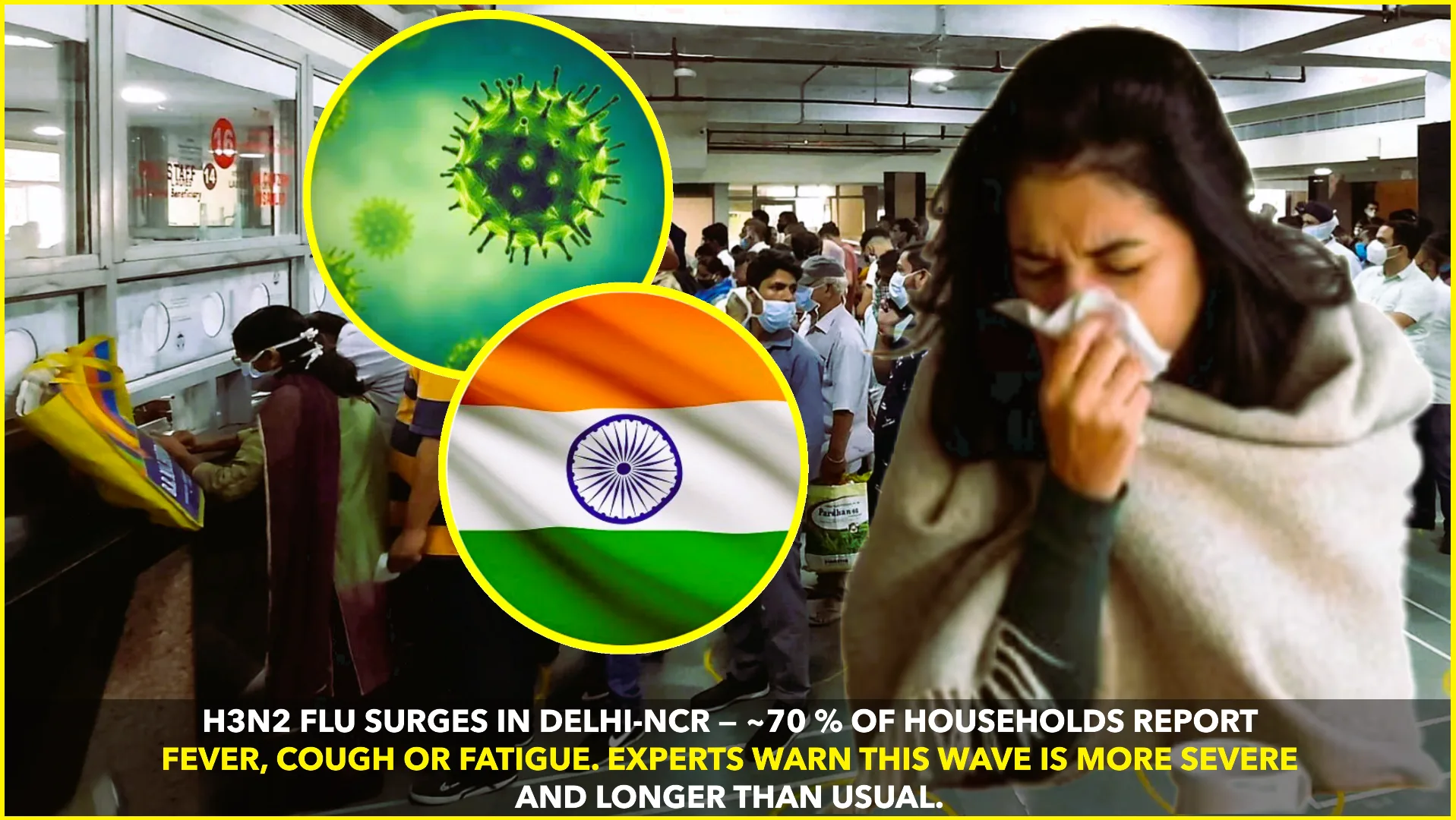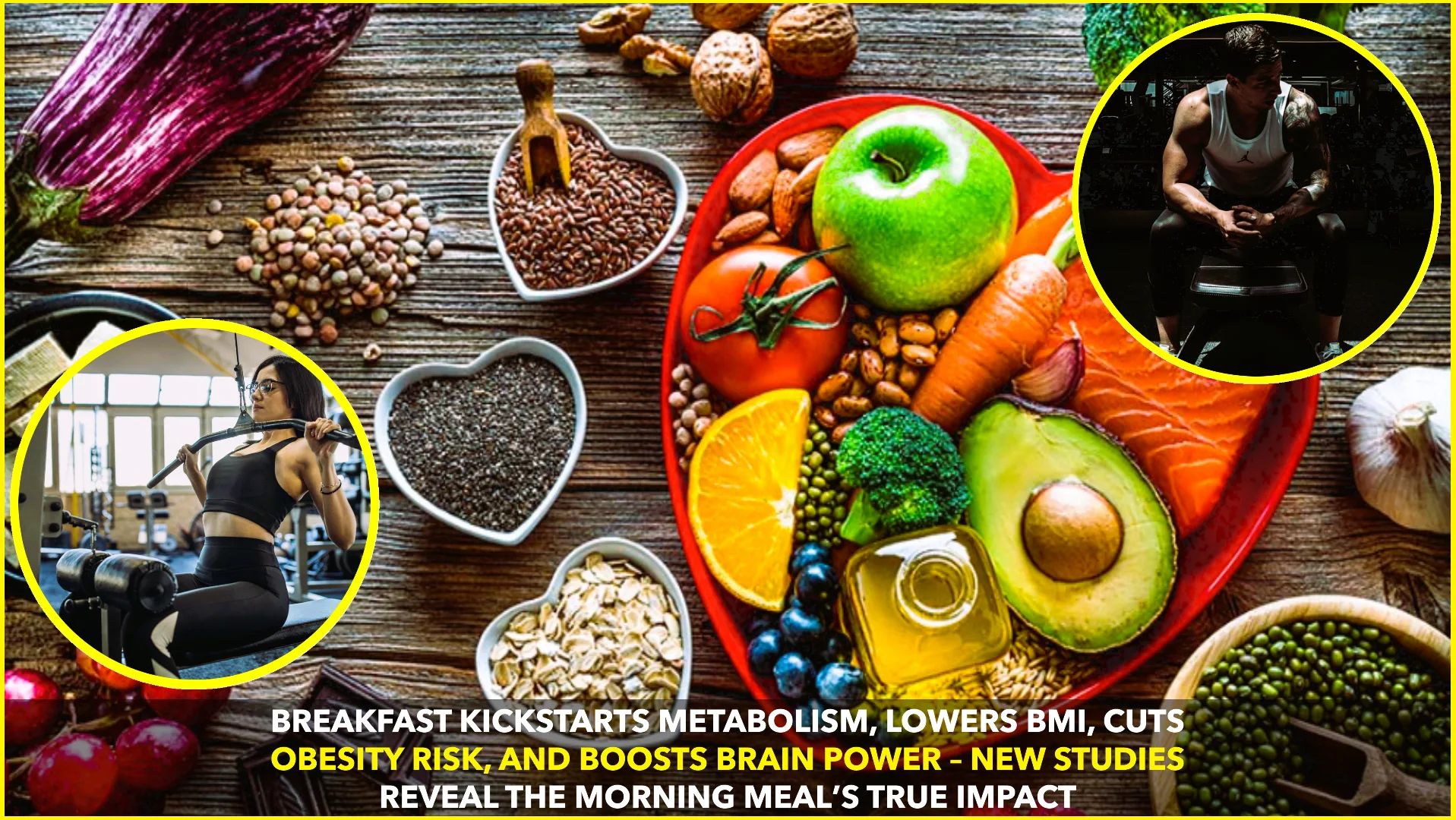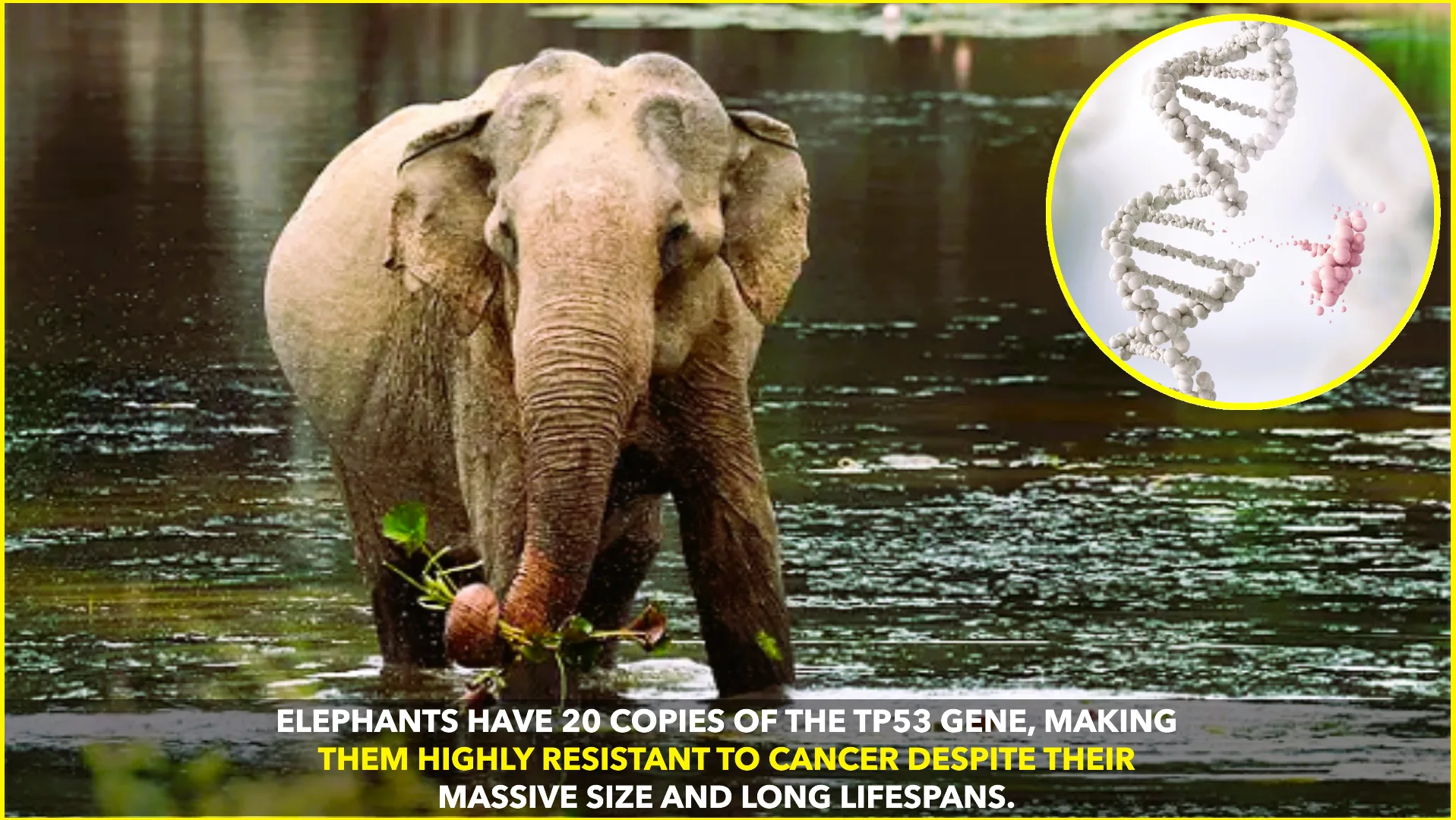The frontiers of medicine are being pushed not just by researchers in lab coats, but by a growing movement of citizen scientists – biohackers. In the age of biohacking, individuals are using a blend of DIY biology, technology, and data to optimize their health and well-being.
This approach combines:
- Biotechnology: Wearable devices track sleep and activity, while genetic testing offers insights into predispositions.
- Citizen Science: Biohackers experiment with diet, sleep cycles, and even nootropics (supplements that enhance cognitive function) to find what works for them.
- Data Analysis: Biohackers track their progress through apps and quantified-self methods, allowing them to refine their strategies.
Turning Back the Clock?

Age reversal is a hot topic in biohacking. Techniques like boosting the body’s ability to clear out senescent cells (damaged cells that contribute to aging) are being explored. While some biohackers like Dave Asprey credit their routines with significantly lowering their biological age, the science is still young.
The Double-Edged Sword
Biohacking offers a path to taking a proactive approach to health, but it also comes with challenges:
- Regulation: Many biohacking tools and supplements haven’t been rigorously tested, raising safety concerns.
- Misinformation: The online biohacking community can be a breeding ground for unproven claims and risky practices.
- Accessibility: Advanced biohacking techniques can be expensive, limiting its reach.
The Future of Biohacking

Despite the challenges, biohacking has the potential to revolutionize healthcare. As AI and big data become more integrated, biohackers could use personalized insights to prevent disease and promote well-being. However, collaboration with medical professionals is crucial to ensure safety and maximize the benefits of this exciting frontier.
The age of biohacking is upon us. It’s a world of opportunity, but also one that requires caution and responsible exploration.
FAQ
What is biohacking?
Biohacking is a movement where individuals use technology, citizen science, and data analysis to take a proactive approach to improving their health and well-being.
Can biohacking help me live longer?
Biohackers are exploring techniques to potentially slow aging, but the science is still emerging. It’s important to consult a medical professional before starting any interventions.
Is biohacking safe?
Many biohacking tools and supplements lack rigorous testing. It’s crucial to research thoroughly and consult a doctor before trying anything new.
Is biohacking expensive?
Biohacking can range from inexpensive dietary changes to costly genetic testing and advanced techniques.
Where can I learn more about biohacking?
There are many online resources about biohacking, but be wary of misinformation. Look for reputable websites and communities that emphasize responsible practices.
Remember, biohacking should complement, not replace, professional medical advice.
#epicblog #epicarticle #epicinfinite #epiceducation
“This is a complex topic. Let’s discuss it in the comments!”










